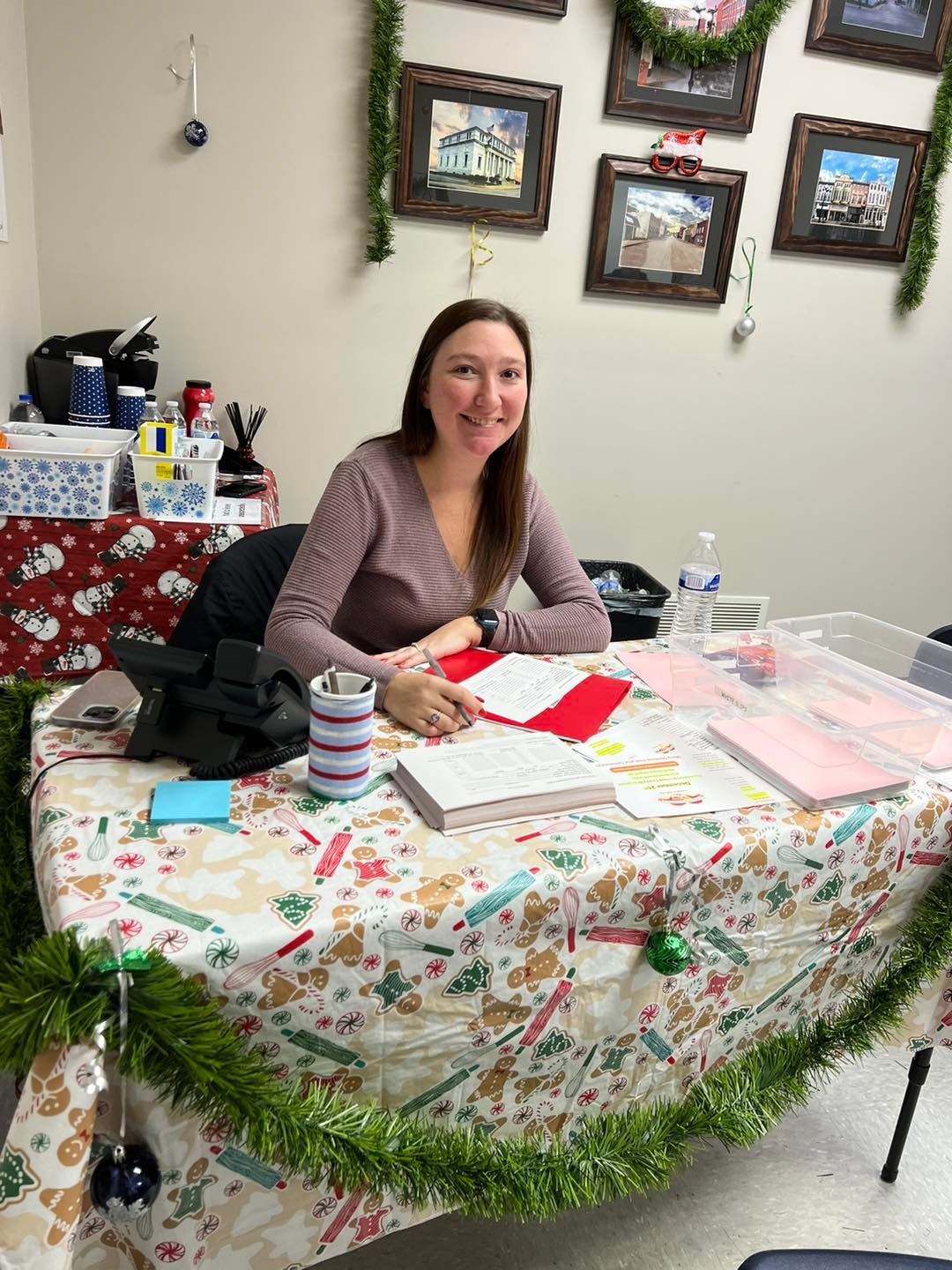Mind and Body: National Poison Prevention Week
Published 9:03 am Monday, March 19, 2018
By Angela Bereznak
Clark County Health Department
This week is National Poison Prevention Week. On Sept. 26, 1961, the 87th U.S. Congress passed a joint resolution (Public Law 87-319) requesting the president proclaim the third week of March National Poison Prevention Week.
On Feb. 7, 1962, President John F. Kennedy granted the request. The first National Poison Prevention Week was therefore observed in March 1962.
The AAPCC and the nation’s 55 poison control centers invite you to celebrate National Poison Prevention Week in your community by promoting poison prevention tips and the free emergency services provide by poison control centers (the national Poison Help hotline).
Poisoning is the leading cause of injury death in the U.S. In 2016, there were 55 poison control centers (PCCs) serving 323 million people, nationwide. PCCs managed 2.7 million cases via telephone, about 2.2 million of which were about people coming into contact with potentially dangerous substances called exposures. Someone called a PCC about every 12 seconds in 2016.
Who calls poison control centers?
Anyone can experience a poison emergency, because any substance can be harmful if used in the wrong way, wrong amount or by the wrong person. PCCs take calls about people of all ages, and provide live help to callers in 150 languages. In 2016, children younger than 6 years old accounted for almost half of all human exposures managed by PCCs. However, as in previous years, many of the more clinically serious cases occurred among adolescents and adults.
Who answers poison control center calls?
PCC cases are managed by medical experts — doctors, nurses, and pharmacists who have extensive, specialized training in poisoning prevention and treatment. Even emergency department physicians and pediatricians rely on the experts at poison control centers. In fact, in 2016 more than 23 percent of human exposure calls came to PCCs from health care facilities.
Preventing poisoning
Be prepared for an emergency. Keep the national, free Poison Helpline number, 800-222-1222, at your fingertips by saving the number in your phone.
Practice safe storage habits. Always store medicines and hazardous substances where children up, away and out of sight. Keep these substances in their original, child resistant containers.
Read and follow all labels and directions. Review medicine and product labels before you use them, especially before giving medicine to children.
Detect invisible threats. Have a working carbon monoxide detector in your home.
The National Poisoning Prevention Council (“the Council”) is the official sponsor of National Poison Prevention Week. The Council is a group of representatives from government and nonprofit organizations that have an interest in the prevention of unintentional poisoning through raising awareness and promoting poisoning prevention public education.
Clark County Health Department provides programs for the entire family, including WIC, HANDS, family planning and home health care. For more information, call 744-4482 or visit www.clarkhealthdept.org.





